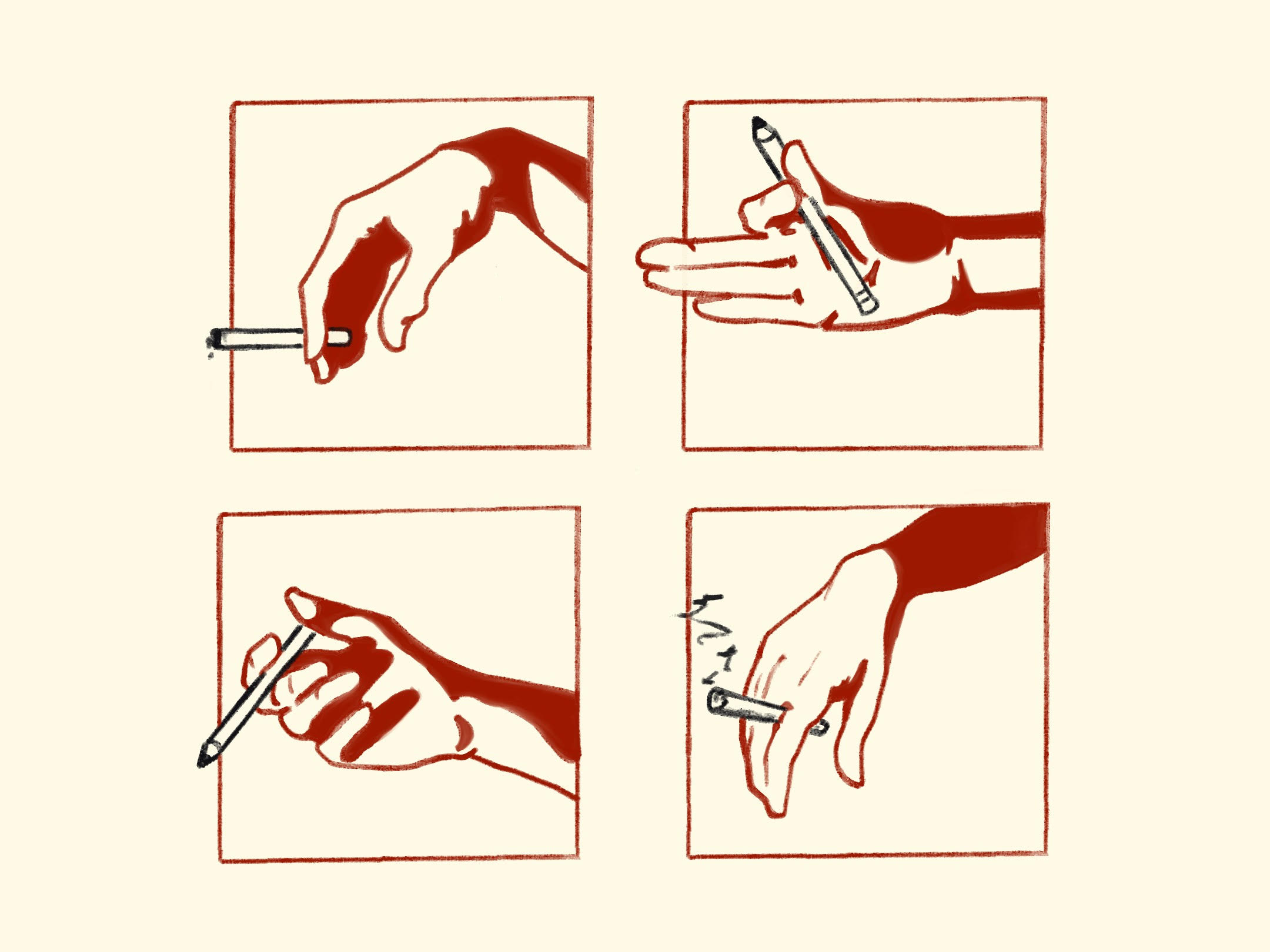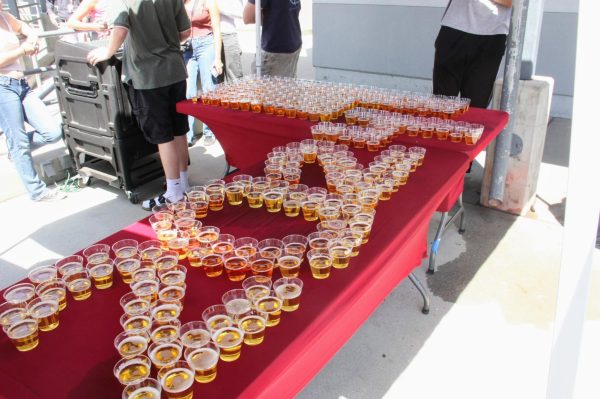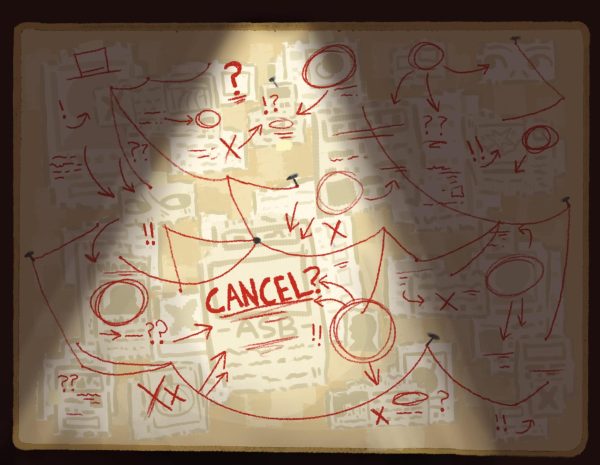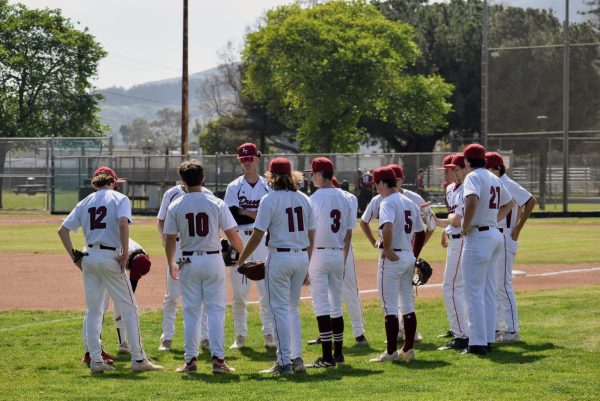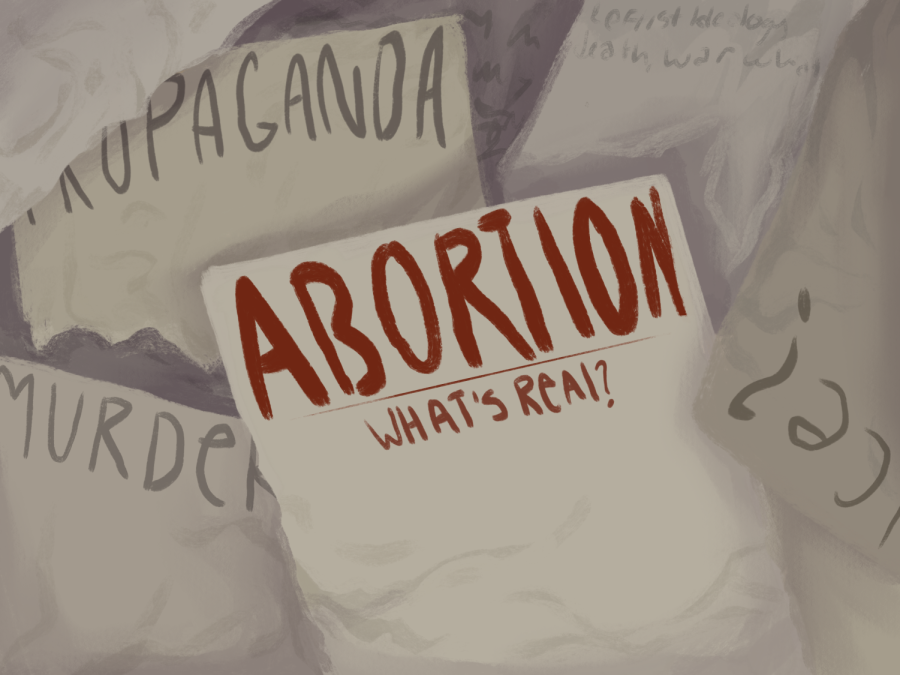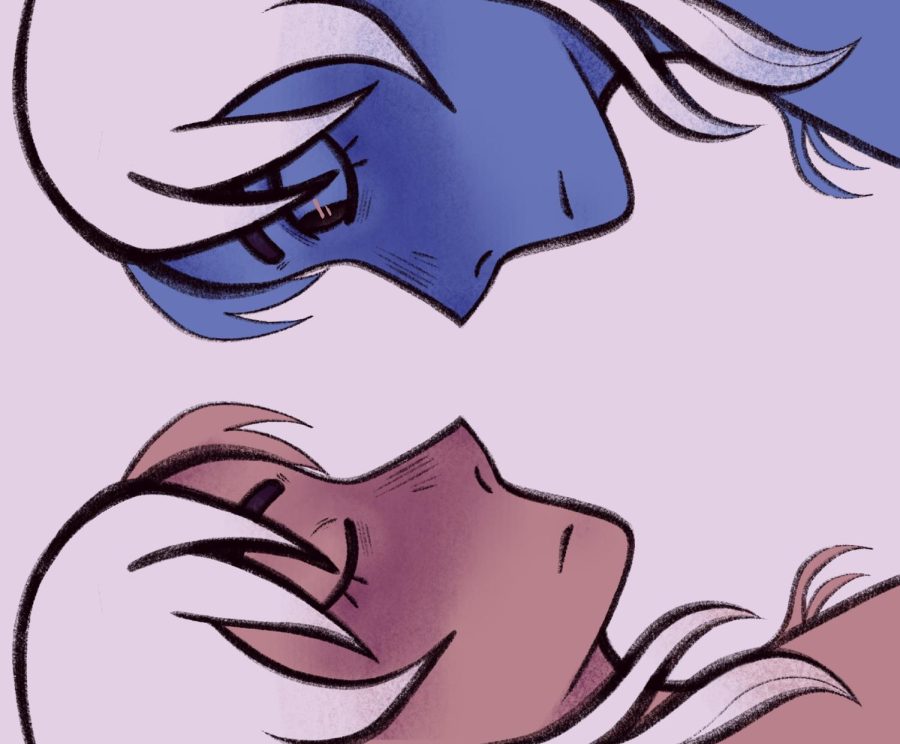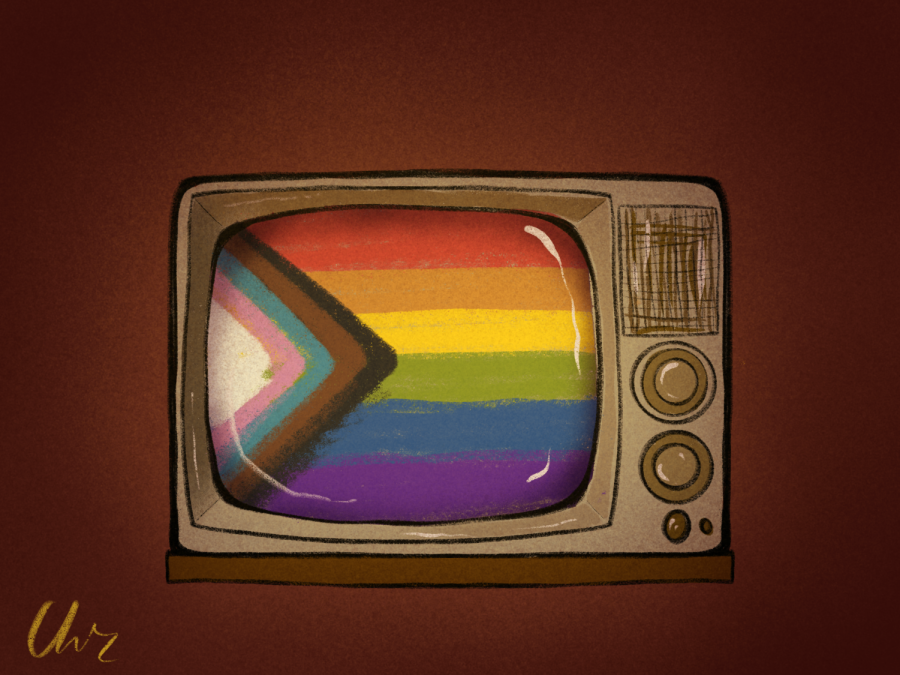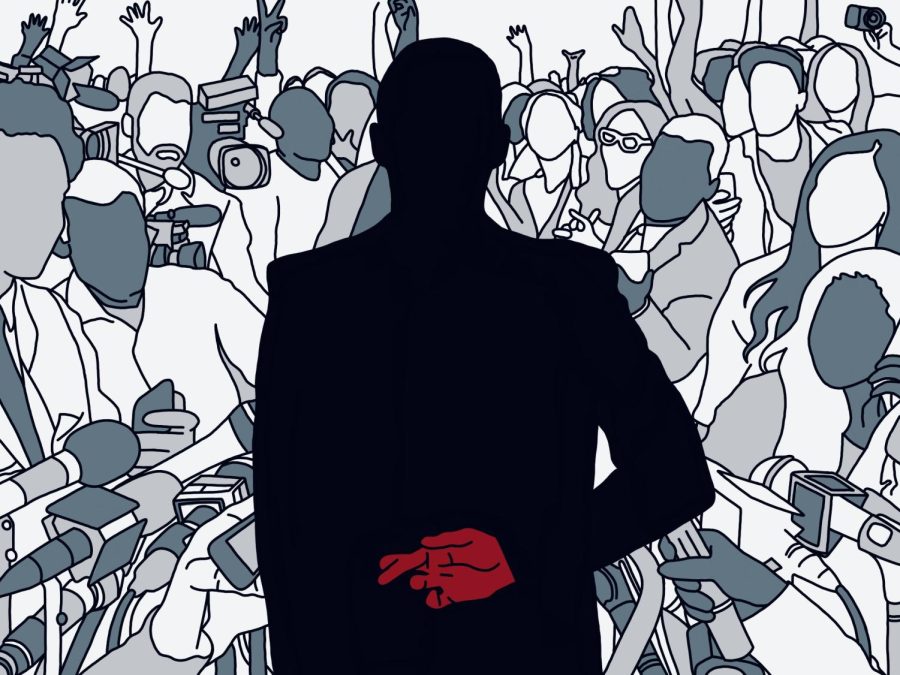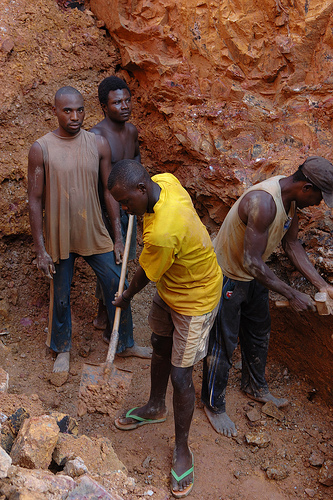
Gadgets, the technologies that support our modern lives, often feed the technolust in our materialistic economy.
However, this never-ending supply of consumer electronics comes at a heavy price as many of the materials used to make them are paid for by the back-breaking labor of one of the world’s poorest and most heavily abused populations, the citizens of the Democratic Republic of Congo (DR Congo).
The DR Congo, a nation ravaged by 16 years of civil war andmass rape, contains an estimated $24 trillion dollars in mineral resources, an amount greater than the Gross Domestic Product of both Europe and America combined.
In theory, this revenue potential makes the DR Congo the richest nation in Africa, but what portion of this enormous wealth have the citizens there seen? Almost none.
As a result of this enormous potential wealth, a literal “alphabetocracy” of various armed groups–such as the FLDR, FARDC, LRA, PARECO, and CNDP–now exists within the nation.
Many of these groups fund their violent occupations and battles within the country through the extraction and sale of these precious minerals, often with the use of what amounts to the slave labor of the local population. Many of these miners are comprised of women and children earning less than a dollar per day.
A few of these minerals–including gold, tin, tungsten, tantalum, and coltan–have contributed most heavily to the perpetuation of this ongoing conflict by providing huge financial incentives to those who oversee their extraction.
Ironically, while the human rights abuses associated with their extraction are rampant, the sale of these minerals to foreign corporations such as Apple and Motorola provides many Congolese with one of the few ways they have to make a living.
This dynamic creates a moral dilemma for anyone using electronics on a daily basis: by purchasing electronics we help to fund a violent, savage civil war, but at the same time, we help to provide many of the Congo’s poorest civilians with one of the few available chances at a livelihood.
Despite the best efforts of activists, and even the American government, to put an end to this cruel exploitation of the Congo’s resources, many of their initiatives have ended in either failure or making the situation worse. {sidebar id=33}For example, in 2010, a provision of theDodd-Frank Banking Act passed by Congress forced companies listed in the United States to disclose the exact source of minerals purchased from the Congo; but while the intention of the provision was good, it has actually caused the local economy to “drop off a cliff.”
As a result, many corporations are now reluctant to purchase any minerals from the Congo, cutting-off a substantial amount potential revenue for the nation’s struggling economy.
The future of the DR Congo remains both mixed and uncertain. The UN peacekeeping force in the DR Congo (MONUSCO) recently received anextension of its mandate to remain in the country until June 30, 2012.
National elections are scheduled to occur on November 28, but questions have arisen over their fairness and freedom. Large-scale murder and rape continue to be reported throughout the country, and government control over large parts of the nation remains tenuous at best.
Then what can we, as American consumers, do to improve the plight of the people living within the Congo? Simply boycotting electronics and other goods containing these minerals isn’t the answer.
However, we can demand that these products are sourced from reputable and humane sources. By supporting and monitoring the work of the UN and other international organizations operating in the region, we can encourage the long-term economic development of the Congo and its’ millions of people.
To get involved in the campaign against conflict minerals, and to promote the responsible oversight of Congolese mining, consider checking out the following organizations:The Enough Project,Global Witness, andPact.

